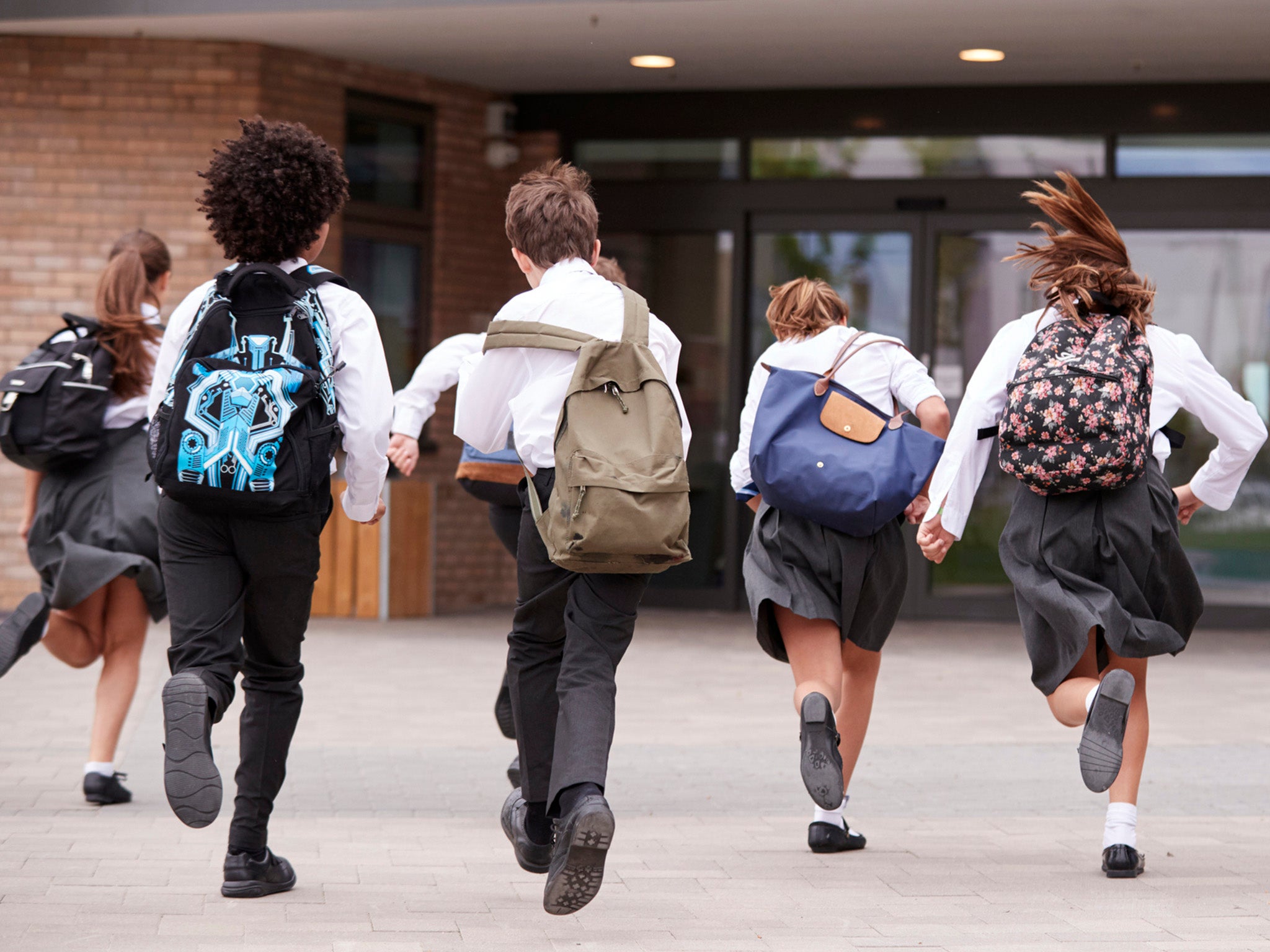UK will see ‘significant surge’ in Covid cases as schools return, warns Neil Ferguson
Too early to tell if new restrictions will be needed, says leading epidemiologist

Your support helps us to tell the story
From reproductive rights to climate change to Big Tech, The Independent is on the ground when the story is developing. Whether it's investigating the financials of Elon Musk's pro-Trump PAC or producing our latest documentary, 'The A Word', which shines a light on the American women fighting for reproductive rights, we know how important it is to parse out the facts from the messaging.
At such a critical moment in US history, we need reporters on the ground. Your donation allows us to keep sending journalists to speak to both sides of the story.
The Independent is trusted by Americans across the entire political spectrum. And unlike many other quality news outlets, we choose not to lock Americans out of our reporting and analysis with paywalls. We believe quality journalism should be available to everyone, paid for by those who can afford it.
Your support makes all the difference.A “significant surge” in coronavirus cases is expected as schools return in England and Wales, according to Professor Neil Ferguson.
The Imperial College London epidemiologist, whose modelling on the spread of the virus was instrumental to the UK going into lockdown in March 2020, said it was too early to tell whether restrictions would need to be reintroduced.
Prof Ferguson said if daily cases climb above 100,000 to 150,000 there would be “significant demands on the health system”. He added that the decision to step-up restrictions would lie with the government and he would not be drawn on what measures may return.
Speaking to reporters during a webinar on Thursday, he said there were concerns about what effect the reopening of schools could have on virus spread, especially with the more transmissible and now-dominant Delta variant.
He said it was hard to predict how long any rise in case numbers, as seen in Scotland after schools went back, would go on for.
Prof Ferguson said if an unvaccinated population of 5 or 10 per cent all got Covid in a short period of time there would be “a large number of deaths” and the health service would be at risk of being “significantly overwhelmed”. He also said mass vaccination has altered the link between cases and hospitalisations.
“We can cope with much higher numbers of cases per day and still maintain hospitalisations at, well, the government would say acceptable levels, and deaths would be even lower, but that only holds for so long,” he said.
On Wednesday, the government said there had been a further 35,693 lab-confirmed Covid-19 cases in the UK. The figures followed a bank holiday weekend, when there is usually a lag in reporting deaths and cases.
Meanwhile, the Zoe Covid study with King's College London (KCL) estimated cases were up 10 per cent on last week with 57,322 new daily symptomatic cases in the UK on average.
The study estimated 30 per cent of new cases (17,342) were among double-vaccinated people. Zoe estimates were based on test data from up to five days ago.
Professor Tim Spector, lead scientist on the Zoe study and professor of genetic epidemiology at KCL, said: “Fully vaccinated people are getting Covid, but not only are they often unable to spot the signs of infection due to the government’s outdated list of symptoms, we’ve seen evidence that the protection provided by vaccines is wearing off.”
He added that the UK differed from most of Europe in having enjoyed a “restriction-free summer” but was now seeing cases, hospitalisations and deaths rise at one of the highest rates across the continent.
The latest Test and Trace figures showed the number of people testing positive in England fell to 198,626 in the week to 25 August, down 1 per cent on the previous week. The number of people testing positive has been around 200,000 in the five most recent weeks of data.
Additional reporting by PA
Join our commenting forum
Join thought-provoking conversations, follow other Independent readers and see their replies
Comments